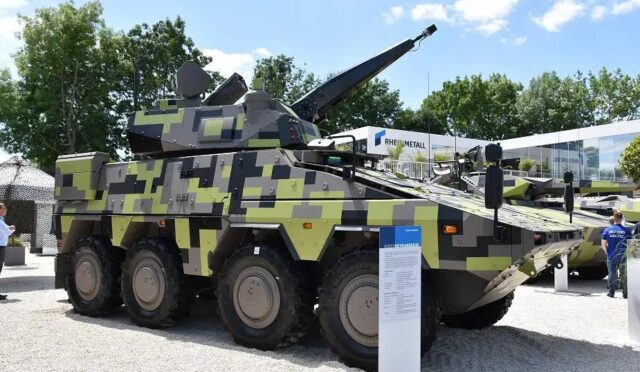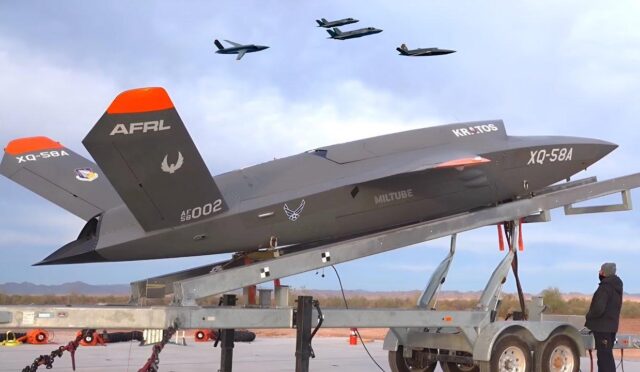Lebanon Rejects Israeli Demands in Ceasefire Negotiations
Lebanon’s influential parliament speaker, Nabih Berri, firmly stated on Thursday that the country has rejected Israel’s request to maintain a military presence in five specific locations in southern Lebanon. This announcement comes as the deadline approaches for the full implementation of a ceasefire agreement scheduled for next week. In a statement made to the media, Berri, who is an ally of Hezbollah, conveyed that the U.S. had informed him of Israel’s intention to withdraw from the occupied villages by February 18, but to retain its presence at five key points.
Berri expressed his discontent with this proposal, emphasizing that he, along with President General Joseph Aoun and Prime Minister Judge Nawaf Salam, categorically rejected the idea. This statement underscores Lebanon’s firm stance against any form of prolonged Israeli occupation on its territory.
Meetings with U.S. Officials
Prior to his announcement, Berri held discussions with U.S. Ambassador to Lebanon, Lisa Johnson, and U.S. Major General Jasper Jeffers. The American general plays a crucial role as co-chair of a five-party committee that includes representatives from the U.S., France, Lebanon, Israel, and UN peacekeepers. This committee’s primary objective is to monitor and address any violations of the ceasefire agreement.
During these discussions, Berri made it clear that he would not entertain any proposals to extend the deadline for Israel’s withdrawal from Lebanon. He stressed that the responsibility to enforce this withdrawal lies with the Americans, warning that failure to do so would represent a significant setback for the Lebanese government.
Political Developments in Lebanon
In a related development, Lebanon’s Prime Minister recently announced the formation of a new government, signaling the end of a two-year period during which the country was governed by caretaker authorities. This transition comes at a time when Hezbollah’s once-dominant influence appears to be waning.
The ceasefire between Israel and Hezbollah has been in effect since November 27, after more than a year of escalating hostilities that included two months of full-scale war. According to the ceasefire agreement, the Lebanese military is expected to deploy in the southern region alongside UN peacekeepers, while the Israeli army is to withdraw over a 60-day timeline. This timeline has now been extended to February 18, during which Hezbollah is also expected to pull back its forces from positions near the Israeli border.
Accusations of Ceasefire Violations
Both Israel and Hezbollah have leveled accusations against each other regarding violations of the ceasefire agreement. These claims highlight the fragile nature of the current peace and the ongoing tensions that exist in the region.
As the deadline approaches for the planned withdrawal, the international community remains watchful, understanding that any misstep could reignite the conflict, further complicating the political landscape in Lebanon and the broader Middle East.







